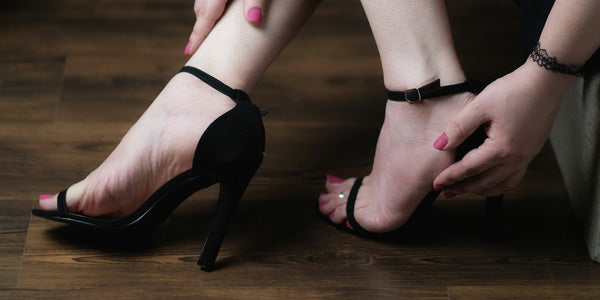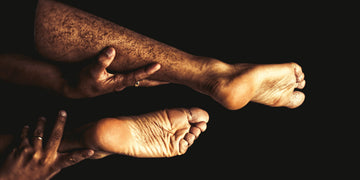Burning Feet: Reasons You Feel Pain


Posted by:
Johannes Sauer
Reviewed by:
Updated at: September 05, 2024
CHECK OUT THE LATEST IN ADAPTIVE FOOTWEAR...
FAQ
What are the symptoms of burning feet for neuropathy patients?
Is burning feet a permanent condition?
Can lifestyle changes help manage burning feet?
Are there any home remedies that help alleviate burning feet?








![[color: black] Original Men's Adaptive Shoe](http://cadense.com/cdn/shop/files/Mens-BLK-T1-LG.jpg?crop=center&height=300&v=1765338442&width=300)
![[color: white] Original Women's Adaptive Shoe](http://cadense.com/cdn/shop/files/Womens-WHT-T1-LG.jpg?crop=center&height=300&v=1765381322&width=300)





